PROGRAMME OF ADVANCEMENT THROUGH HEALTH AND EDUCATION (PATH)
The Government of Jamaica in focusing its efforts on advancing social development initiated a programme of safety net reform in 2000. As part of the reforms, the Programme of Advancement Through Health and Education (PATH) was introduced as a Conditional Cash Transfer programme targeting vulnerable households within the population.
The objectives of the Programme are to:
- Increase educational attainment and improve health outcomes of the poor by breaking the inter-generational cycle of poverty.
- Alleviate poverty by increasing the value of transfer to the poor.
- Reduce child labour by requiring children to have minimum attendance in school.
- Serve as a safety net by preventing families from falling further into poverty in the event of adverse shock.
Since its launch in 2002, the Programme of Advancement Through Health and Education (PATH), administered by the Ministry of Labour and Social Security (MLSS), has become Jamaica’s flagship social assistance programme, currently providing cash grants to approximately 350,000 beneficiaries.
The programme is supported by loans from the International Bank for Reconstruction and Development (World Bank) and the Inter-American Development Bank (IDB).
PATH applicants are invited to visit the Ministry of Labour and Social Security’s office in their parish of residence to complete the application process. The process may also be undertaken at designated centres, communities or within homes of the elderly or persons with disabilities.
Demographic and other socio-economic data are collected on individual family members and the information entered into the Beneficiary Identification System (BIS). The BIS applies a Proxy Means Test to derive the family’s score. Families that have attained a score which is at or below the cut-off point established for the Programme are provisionally selected to participate. Final selection is subject to verification of the information provided during the application interview process.
Benefits are delivered to families for a period of four years, after which they are required to re-apply and be reassessed for continued eligibility.
Documents Required for Application Processing
- Birth Certificates for the Family Head
- Valid ID for the Family Head
- TRN for the Family Head
- Birth Certificates for all children living in the household
- Birth Certificate for Adults 60 and over who live in the household
Individuals within the following categories may be selected for payment within beneficiary families:
-
- Children: from birth to the completion of secondary school
- Pregnant and lactating women: Members of the family, who are pregnant or who have not passed 6 months since the birth of the last child.
- Elderly:Members of the family who are 60 years or more.
- Persons with Disabilities:Family members who have been certified by a doctor or by the Jamaica Council for Persons with Disabilities as having a permanent disability.
- Adult Poor:The head of a family consisting only of persons who are over the age of 18 but under 60 years may be selected to receive a benefit.
Delivery of cash grants is conditioned on compliance with established developmental conditionalities: school-age children (6 years and over) are required to maintain an attendance rate of not less than 85%, while children under six years are required to comply with the schedule of preventive health visits established by the Ministry of Health.
Payments are delivered to qualified and compliant beneficiaries in six bi-monthly cycles each year, occurring on or before the 15th of February, April, June, August, October and December. A range of delivery mechanisms are employed:
-
-
- Payment by cheques, which are collected directly from Post Offices in their communities
- Payment through NCB Keycard Cash, which allows beneficiaries to access cash through the ATM Multilink network or to conduct Point of Sale transactions with participating merchants
- Electronic transfers provided by the two major remittance service providers.
-
PATH is currently exploring Mobile Money and direct funds transfers as alternative payment options.
PATH Affiliated Interventions
Since the inception of PATH a number of supporting interventions/sub-programmes have been implemented in response to beneficiary needs. The following is a summary of the major existing initiatives, which can be accessed through the Ministry’s network of Parish Offices:

Implemented in 2012, Post-Secondary Grants are available as one-time incentive for students who are registered members of PATH households, and who are enrolled in approved Post-Secondary educational institutions including HEART Trust/NTA. Benefits range in value from $15,000.00 for beneficiaries re-sitting CSEC examinations, to $30,000.00 for those pursuing Associate Degree programmes. The benefit is paid to the Family Representative of the student’s household. Eligibility is restricted to persons who had received at least one PATH benefit payment while in Secondary School.

The Tertiary Bursaries initiative was implemented in 2013 to assist beneficiary students with the cost of pursuing Bachelor’s Degree programmes in accredited Tertiary Institutions.
Available to students in PATH households who are attending tertiary level institutions (Universities and Teachers’ Colleges). Bursaries valued at $100,000.00 are paid directly to participating institutions who manage the application process on behalf of PATH. The bursary may be accessed each year of study; this is however conditioned on maintenance of a 2.5 GPA for 2nd through 4th year.
Eligibility is restricted to persons who had received at least one PATH benefit payment while in Secondary School.

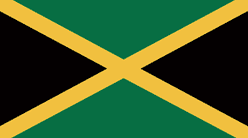
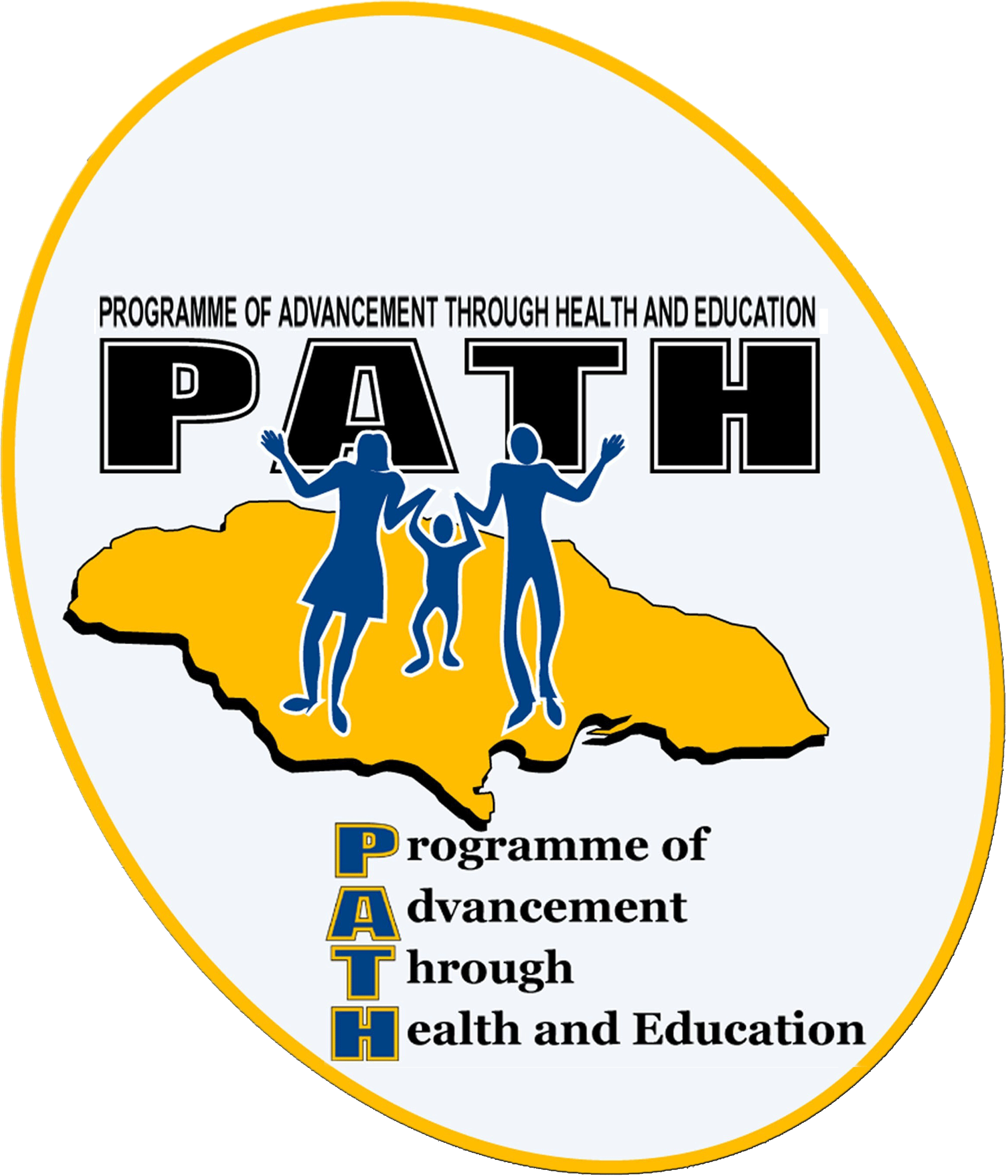 20
20 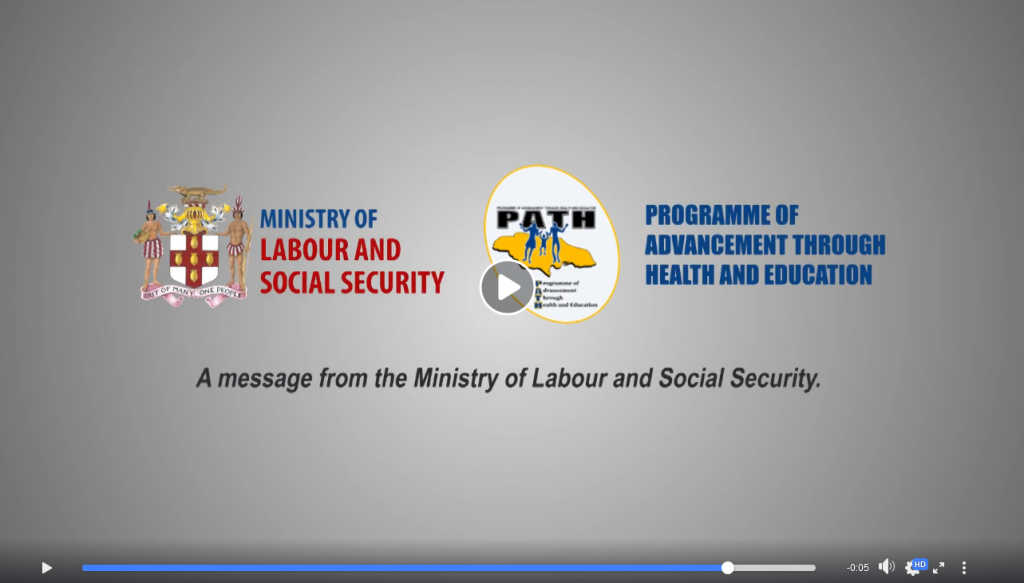
 20
20 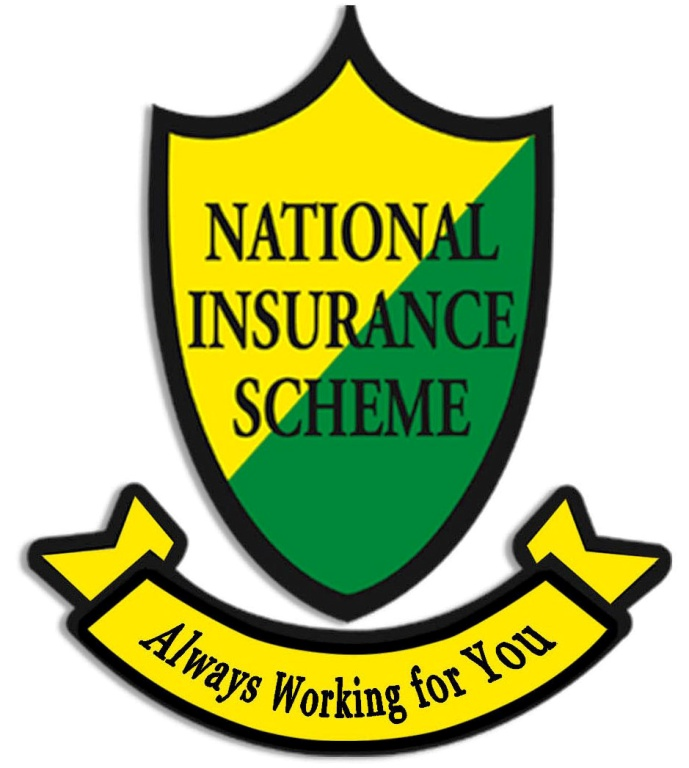 20
20 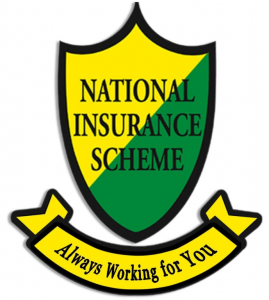
 owance: This benefit is payable to a Domestic Worker who has satisfied the qualifying conditions. The benefit is payable as a lump sum equal to eight weeks at the existing National Minimum Wage.
owance: This benefit is payable to a Domestic Worker who has satisfied the qualifying conditions. The benefit is payable as a lump sum equal to eight weeks at the existing National Minimum Wage. oyment Injury Benefit: This benefit is payable where an employee has sustained an injury caused by an accident, arising out of and in the course of insurable employment, or the development of any of the diseases prescribed by the National Insurance Act which can be attributed to the nature of the job.
oyment Injury Benefit: This benefit is payable where an employee has sustained an injury caused by an accident, arising out of and in the course of insurable employment, or the development of any of the diseases prescribed by the National Insurance Act which can be attributed to the nature of the job. 20
20 
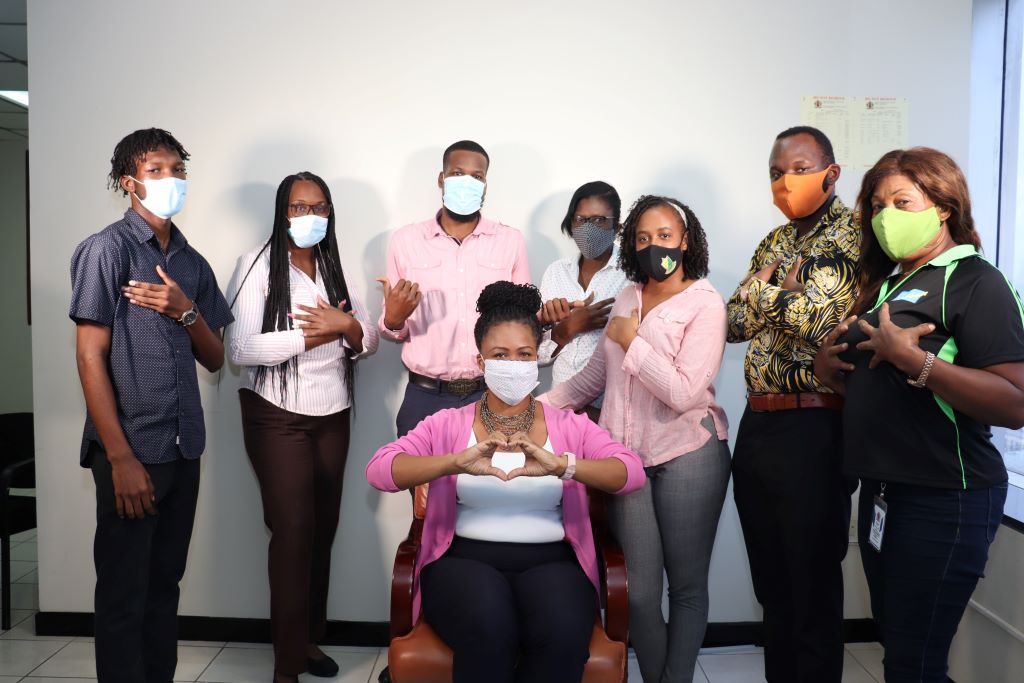

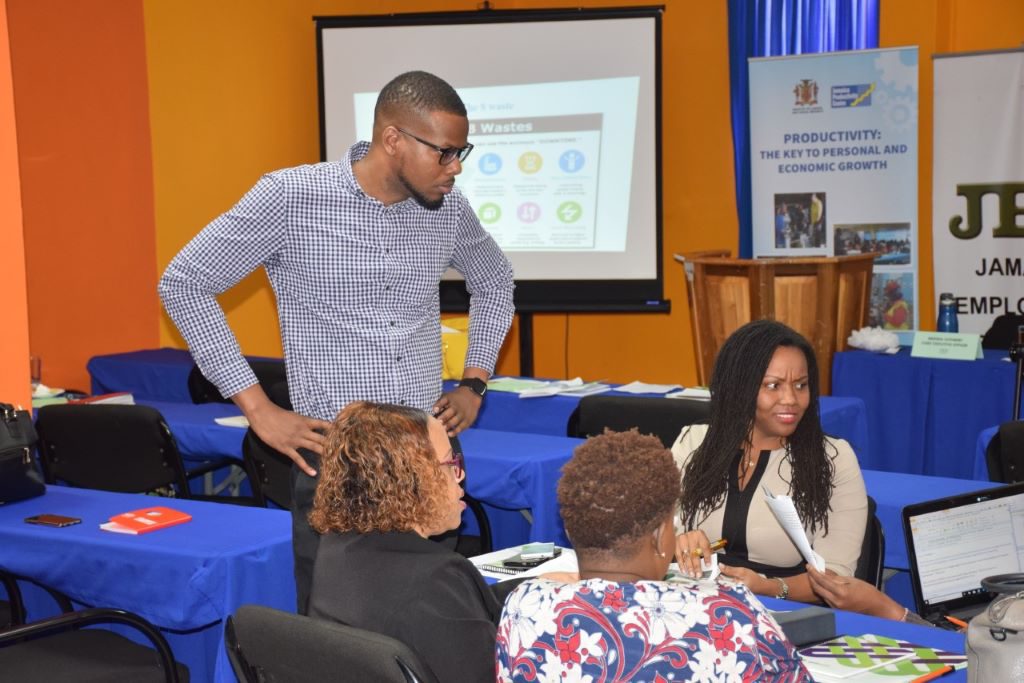
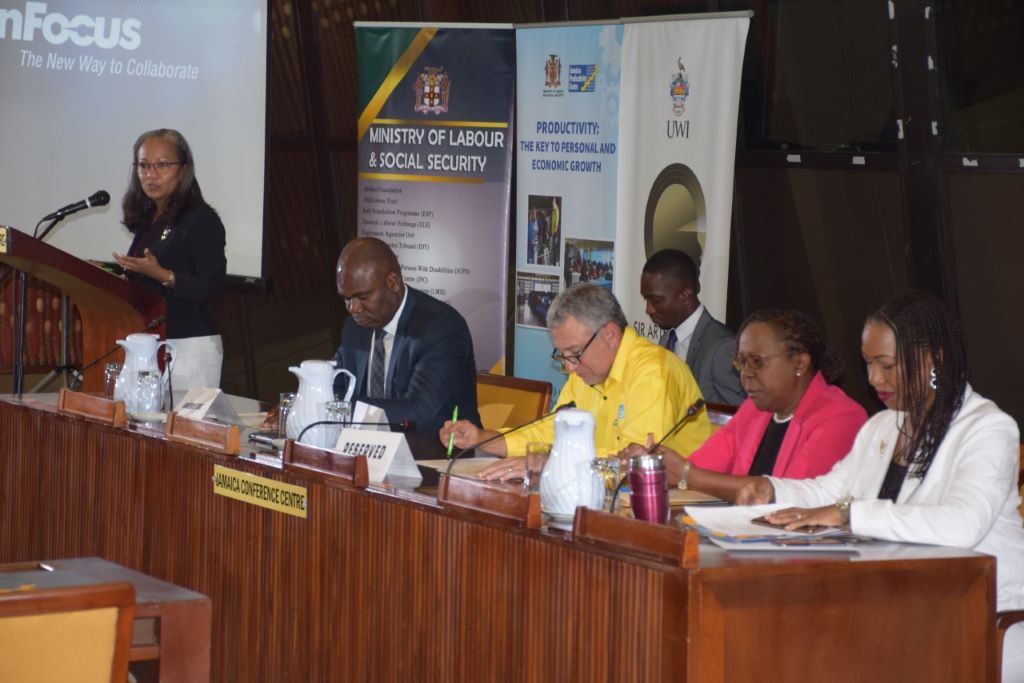
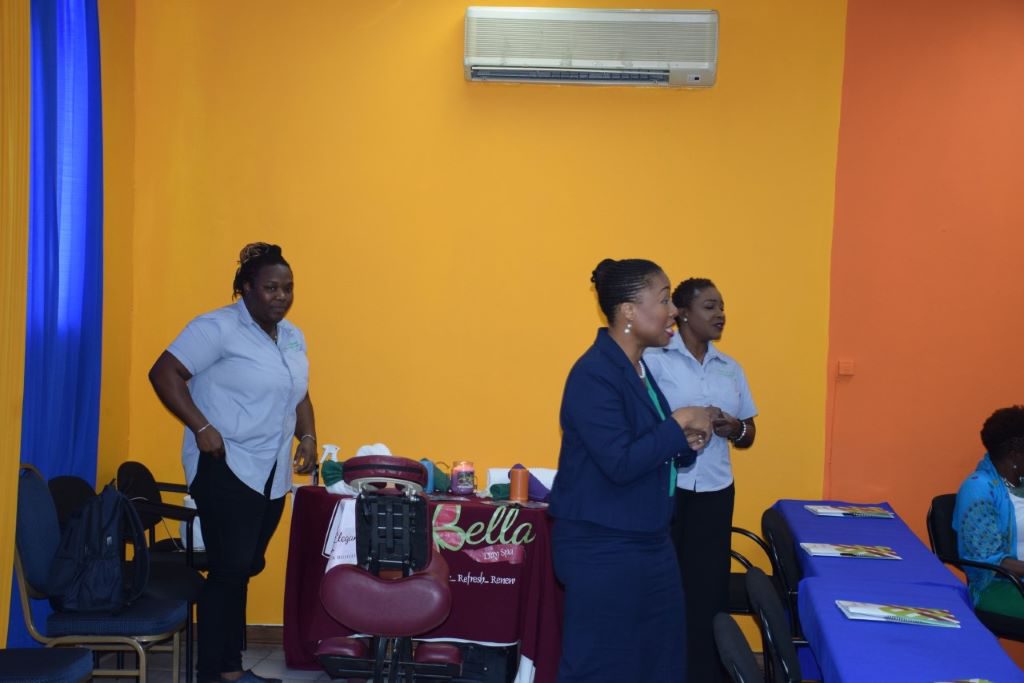
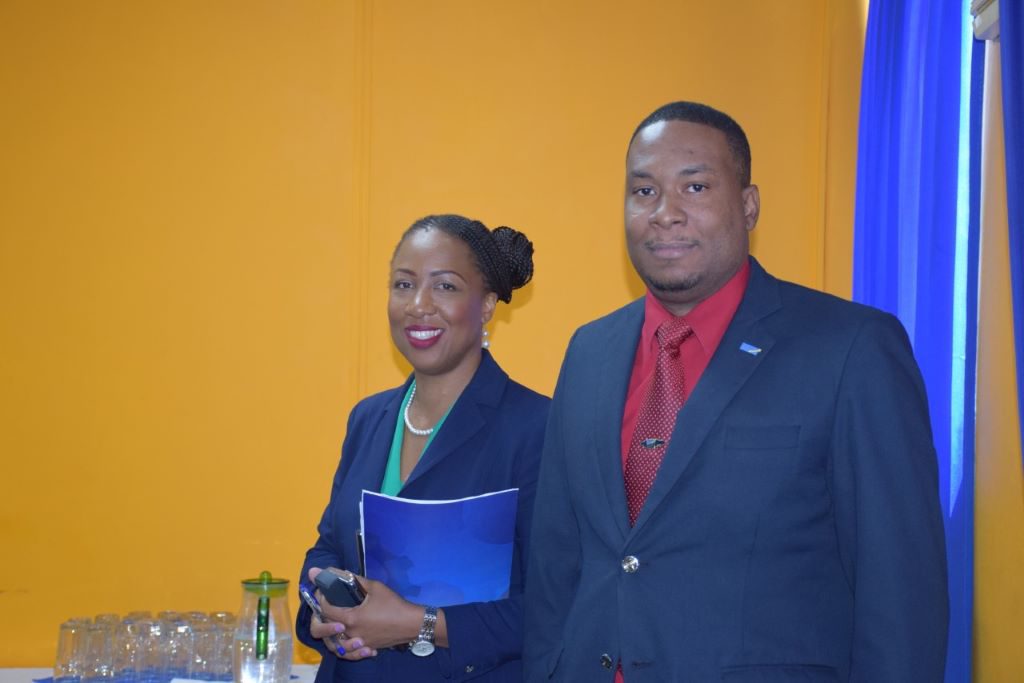
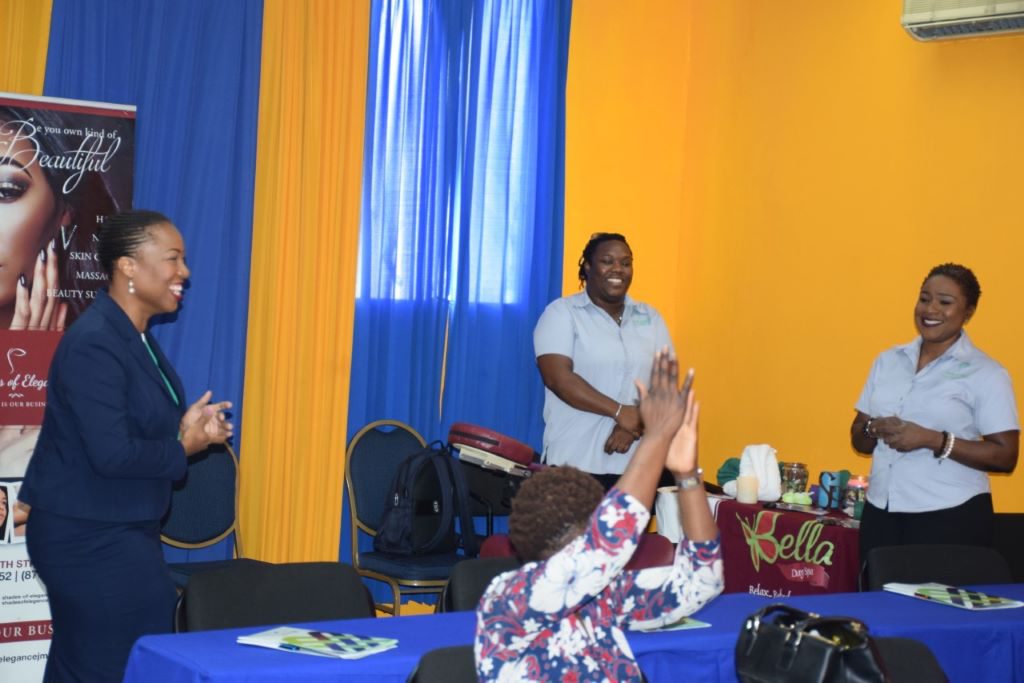

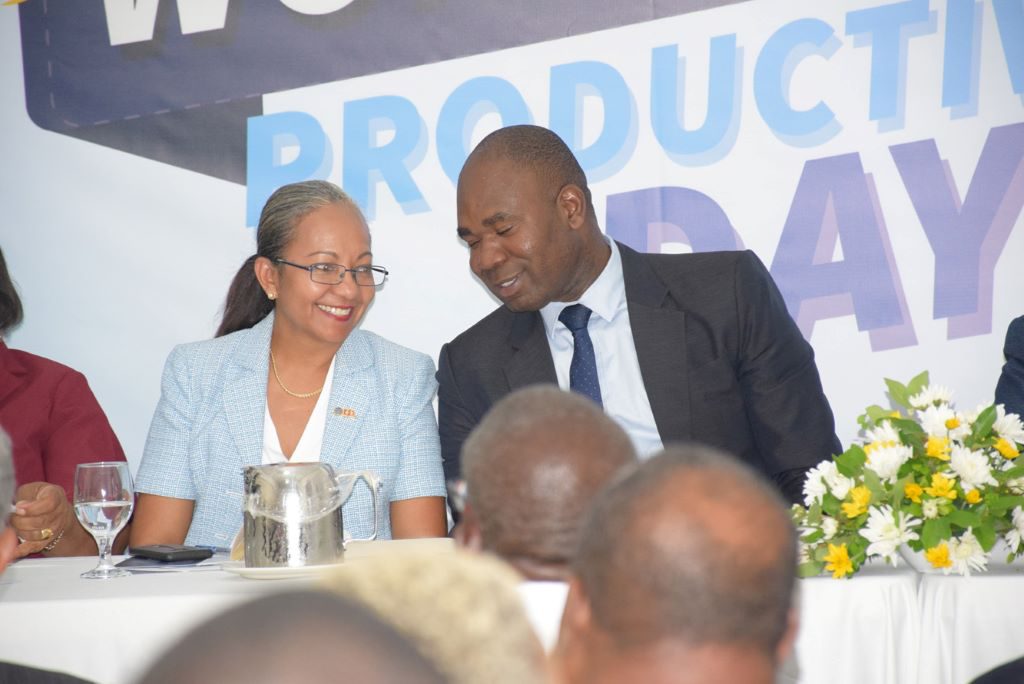
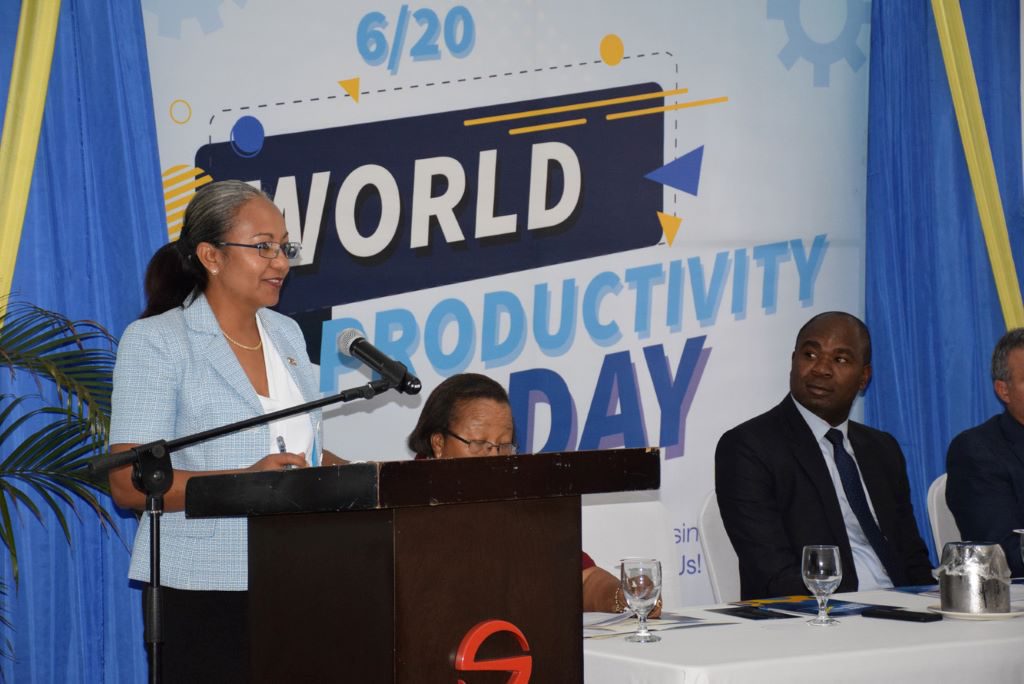


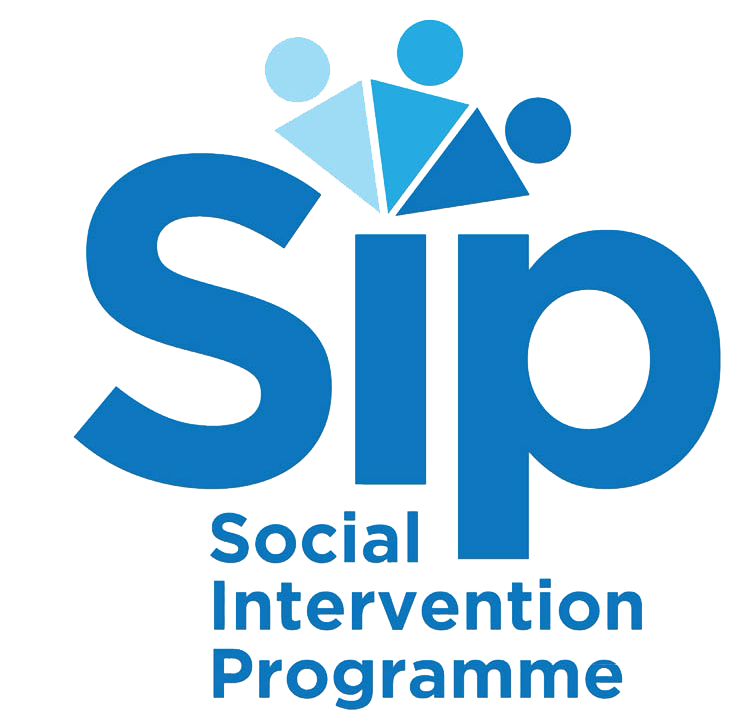 16
16 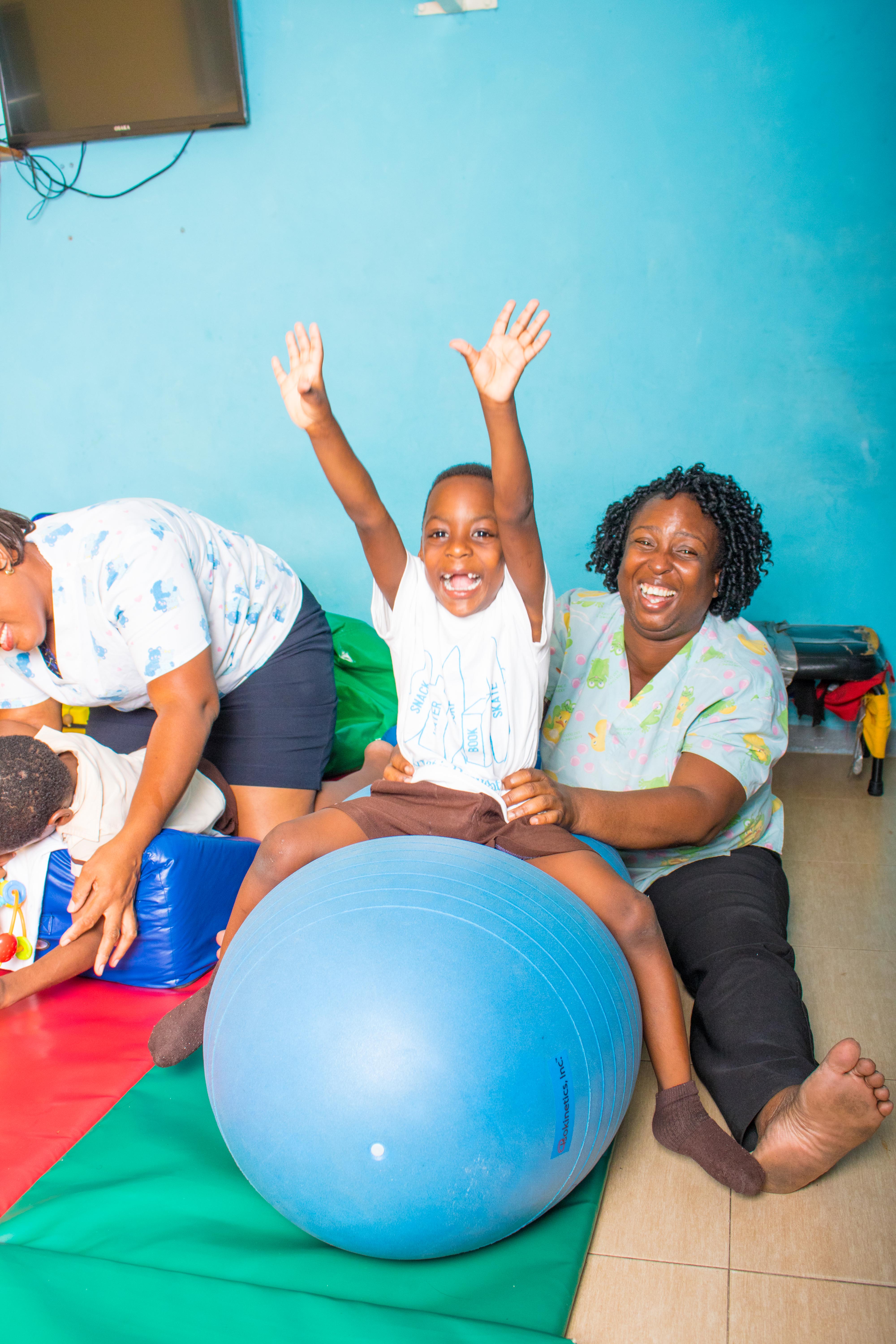 16
16 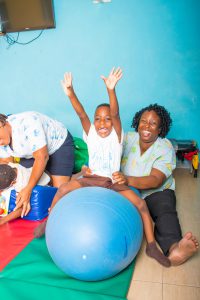 Among the disabilities managed by this programme are cerebral palsy and other physical disabilities ranging from sensory impairment, autism, down’s syndrome, developmental delay, secondary to psychosocial deprivation and co-morbid behavioural problems; including attention deficit, hyperactivity disorder also known as (ADHD).
Among the disabilities managed by this programme are cerebral palsy and other physical disabilities ranging from sensory impairment, autism, down’s syndrome, developmental delay, secondary to psychosocial deprivation and co-morbid behavioural problems; including attention deficit, hyperactivity disorder also known as (ADHD).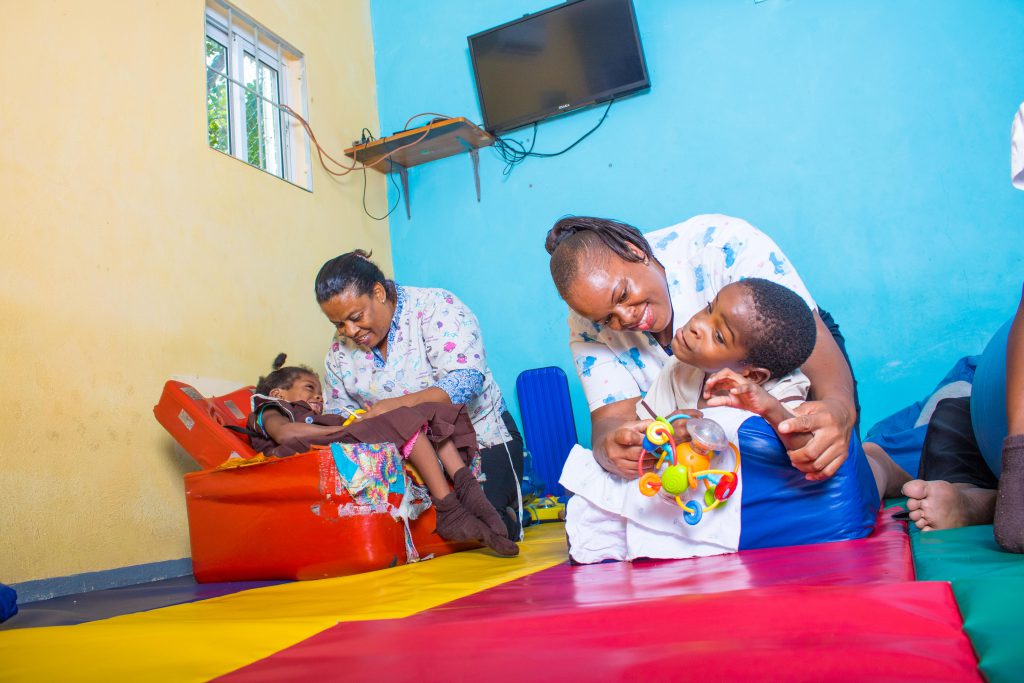

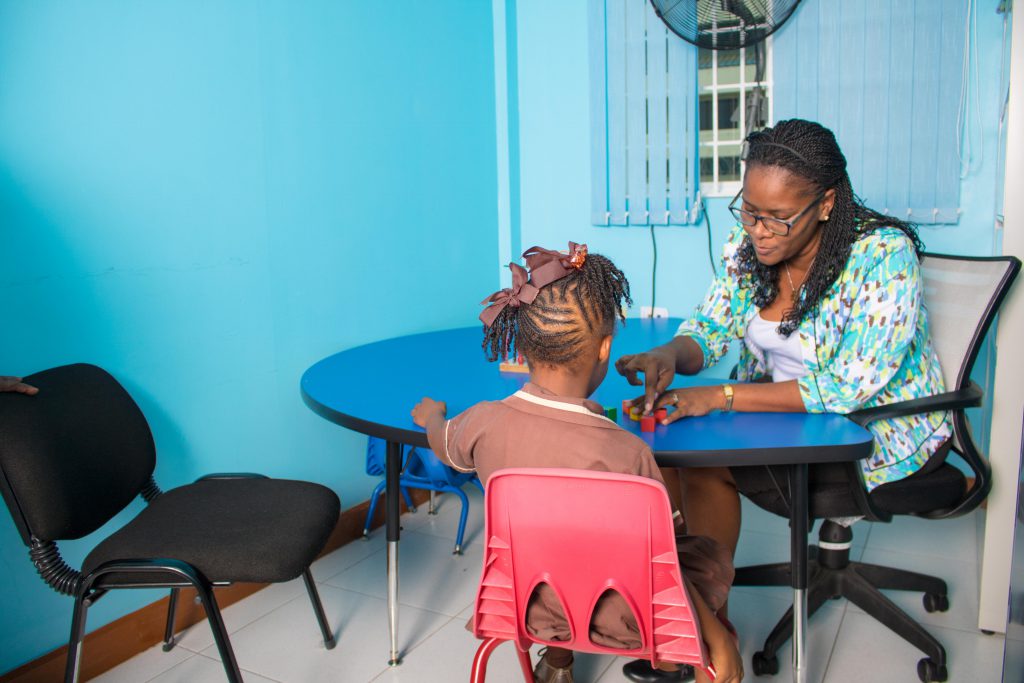
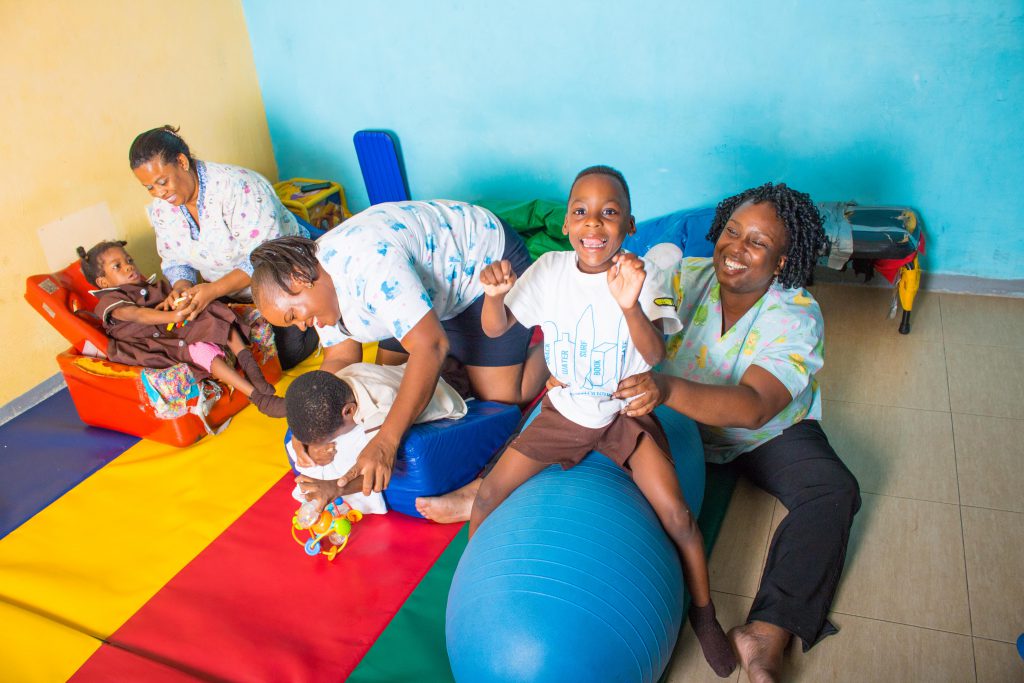
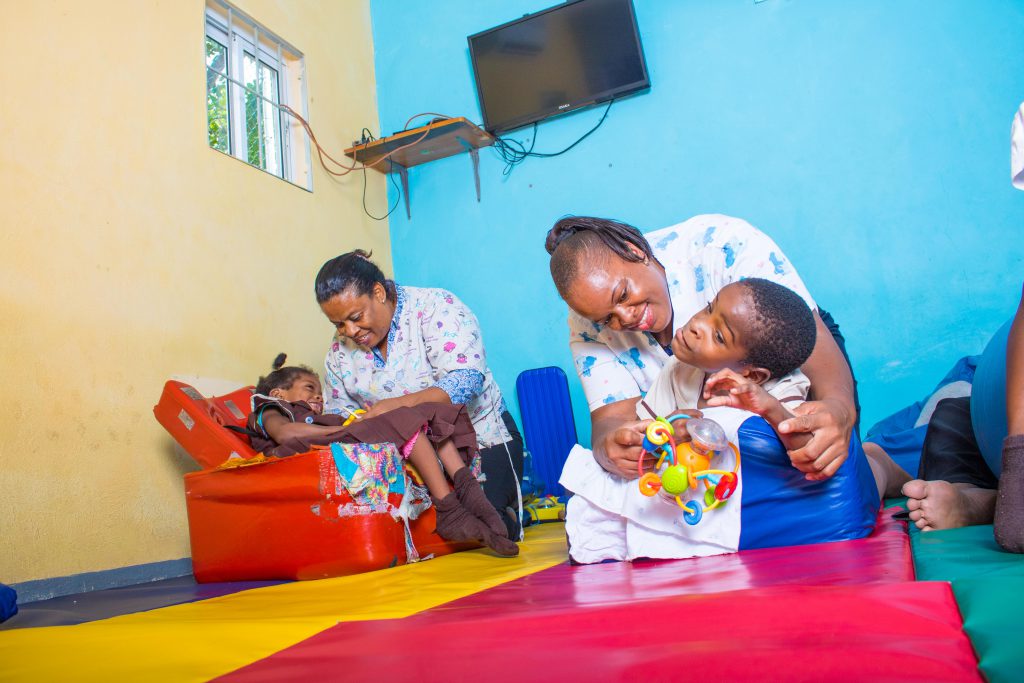
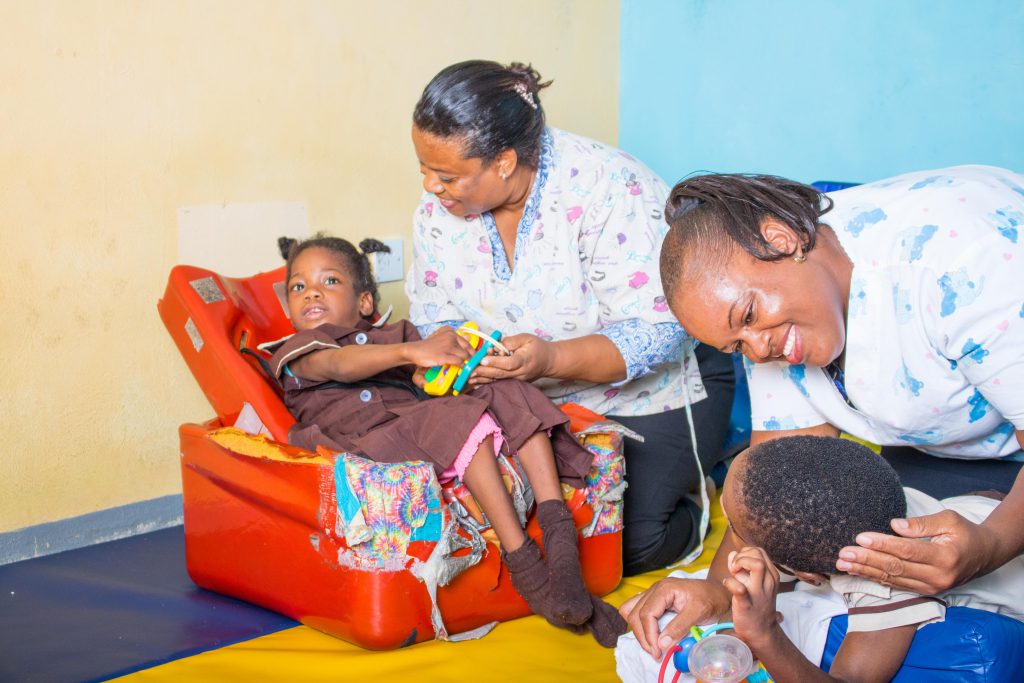
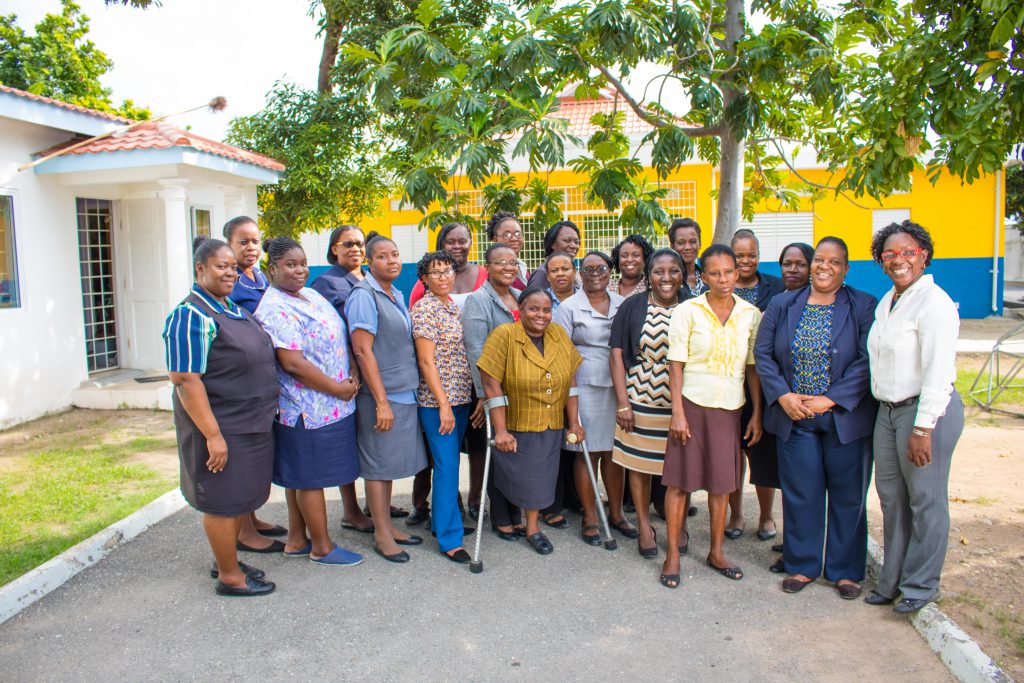

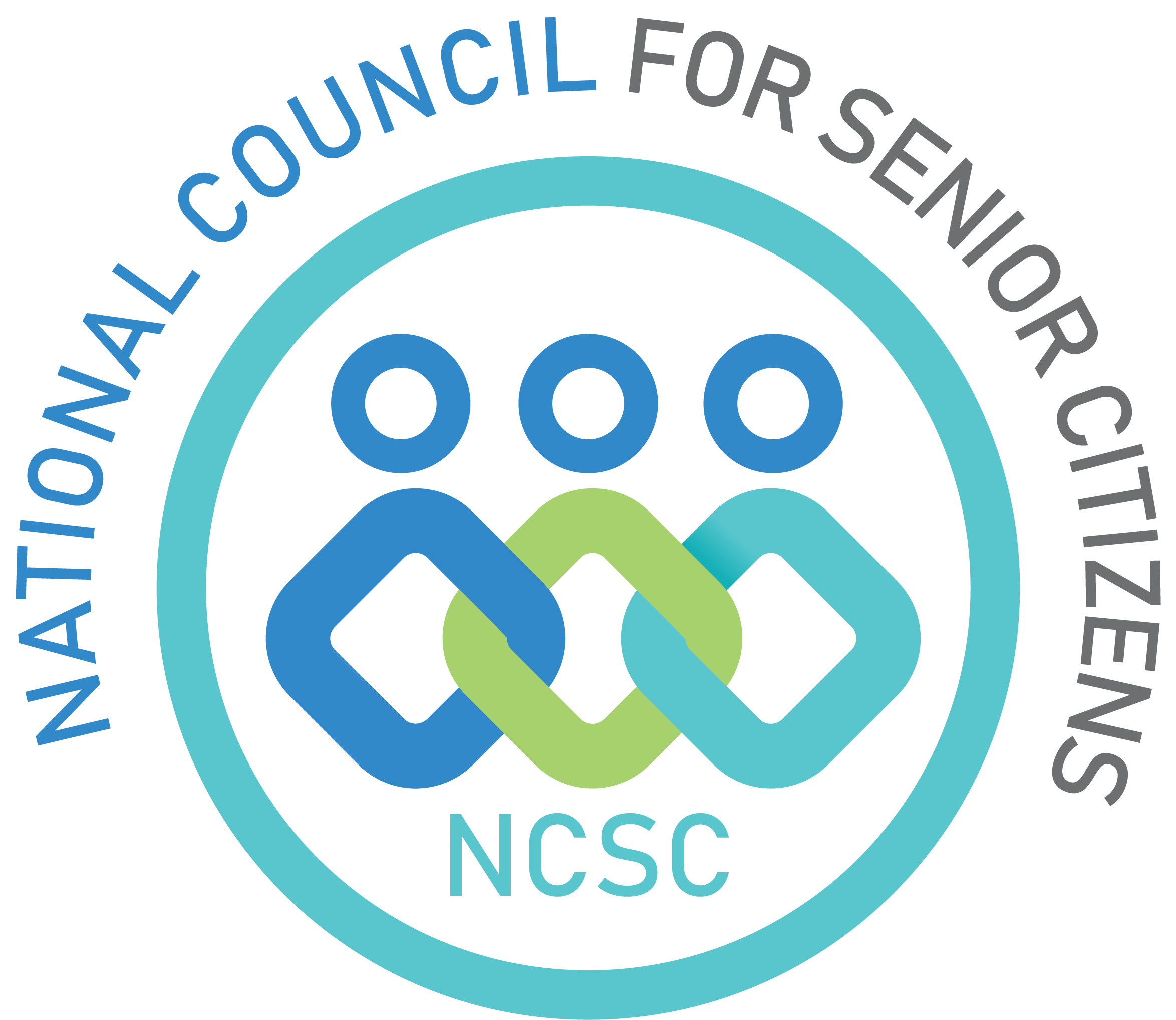 16
16 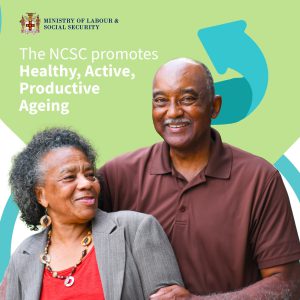
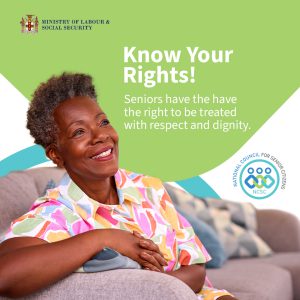
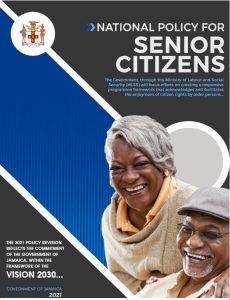

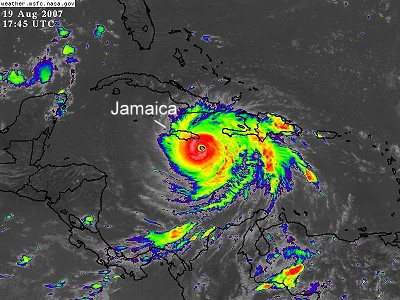 16
16 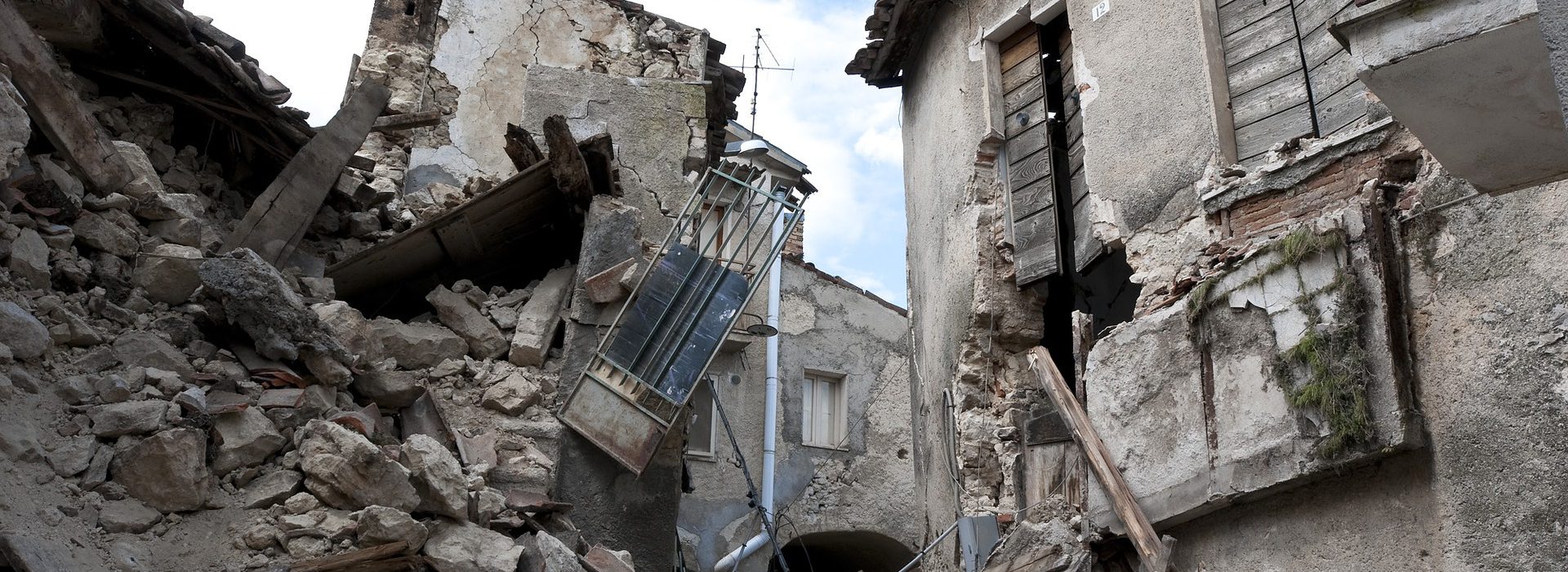
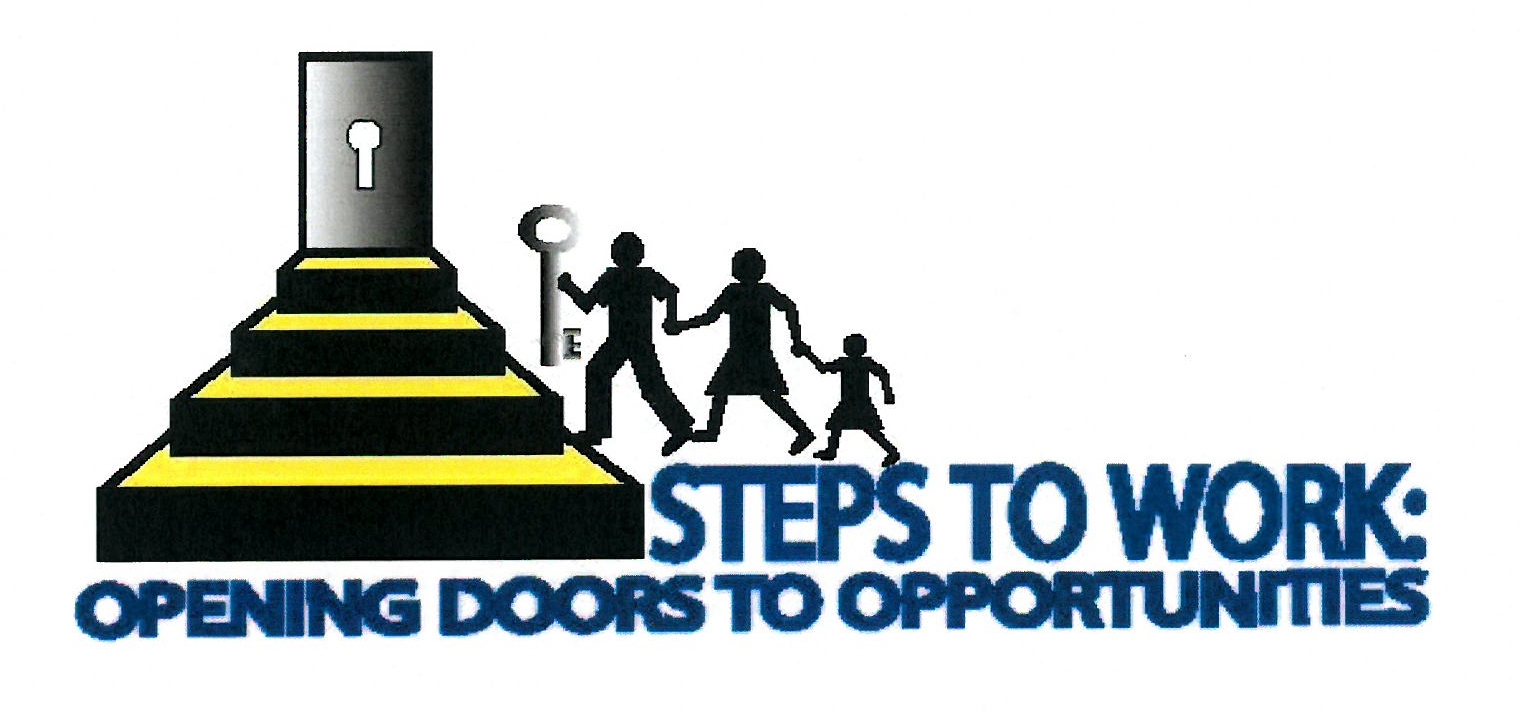 16
16